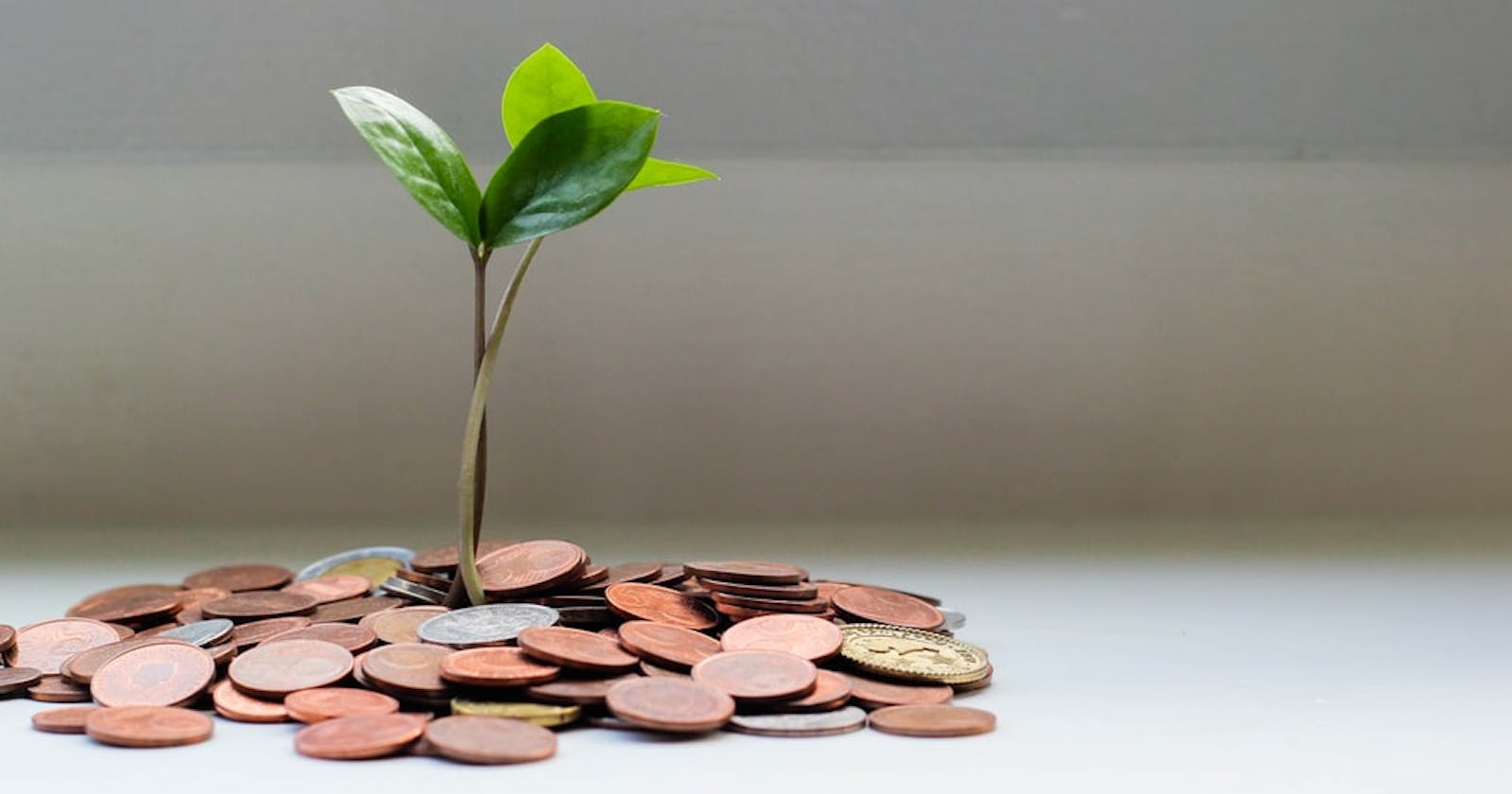The Gateway to Financial Freedom
A guide for beginners to get started with personal finance...
MONEY IS POWER
Money isn't what we're chasing. What we're after are feelings, the emotions, and we think money can create those feelings:
of empowerment,
of freedom,
of security,
of helping those we love and those in need,
of having a choice, and
it is undoubtedly one of the ways we can turn our dreams into the reality we live.
You either master money, or, on some level, money masters you!
TIPS
Our house is not an asset.
Fixed Deposits are not investments. They have a low-interest rate of 4%, which cannot match the speed of soaring inflation.
Good financial practices:
Minimum money in the pocket to buy a house/car – 70%
Maximum EMI on House Loan – 20% of your salary
Maximum House Rent – 10-15% of your salaryDon't underestimate the power of compounding; start investing now.
Financial health is more about your attitude than learning the number game.
Always account for good emergencies (getting married, a sibling getting married, having a baby, getting a superb job offer in a distant city) and dire emergencies (accidents, fire, losing a job, falling sick).
The amount of time you procrastinate is equivalent to the amount of money lost.

STEPS TO BUDGETING
Monthly Recurring Income:
You must write all the incomes from all the resources and add them up. In this way, you will have an actual figure of recurring monthly income or regular income every month.Annual Income by Month:
It is always best to make a yearly budget month-wise, even if it seems unnecessary. After all, we have already calculated our monthly income.Totalling Incomes:
You have to add up the amounts for each month.Monthly Recurring Expenses:
You have to list down all the month's expenses so that you have a monthly budget.Annual Expenses by month:
You will recall that the annual income is not just the monthly recurring income into 12. By now, intelligent people will have easily guessed that the same is true for yearly expenses.Totalling expenses:
Add up all the totals. As usual, use your calculator or spreadsheet.The most crucial part is where you compare your income with expenses.

INSURANCE
Never use your insurance until it is most necessary.
If you are a sole bread earner, then Life Insurance must be a priority.
If you have your insurance, you are not dependent on the company and can quit the job as and when you want to. Keep the ball in your court.
Insurance covers expenses incurred 30 days before and 60 days after your treatment (in most cases).
Securing insurance after the diagnosis of an illness is highly challenging.
Disclosing your medical/critical insurance amount to your doctor/hospital staff may go against your treatment. Avoid it.
Make a medical file and keep all your bills safe (however small).
When you are in a medical emergency, you must inform the insurance company.
You can opt for a family pack for insurance. Do not forget to discuss your needs with your financial planner to secure the most relevant policy.
Read all terms and conditions of your insurance policy in the presence of your policy agent and your financial planner.
Goal Amount:
Medical Health: Aim for three years of your annual income.
Critical Health: Aim for 60 lakhs.
Accidental Health: At least one year of annual income.
I hope this helps!
